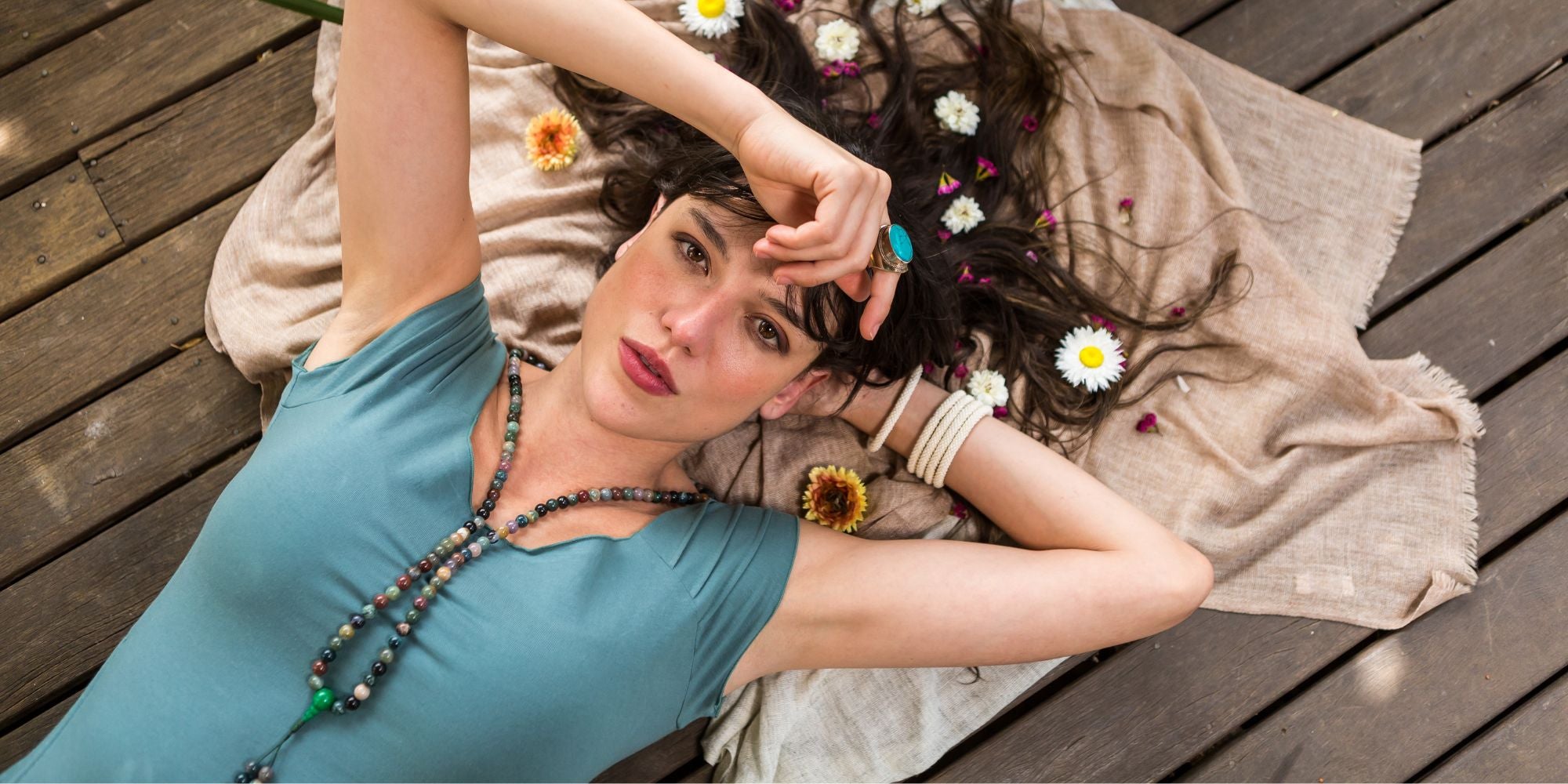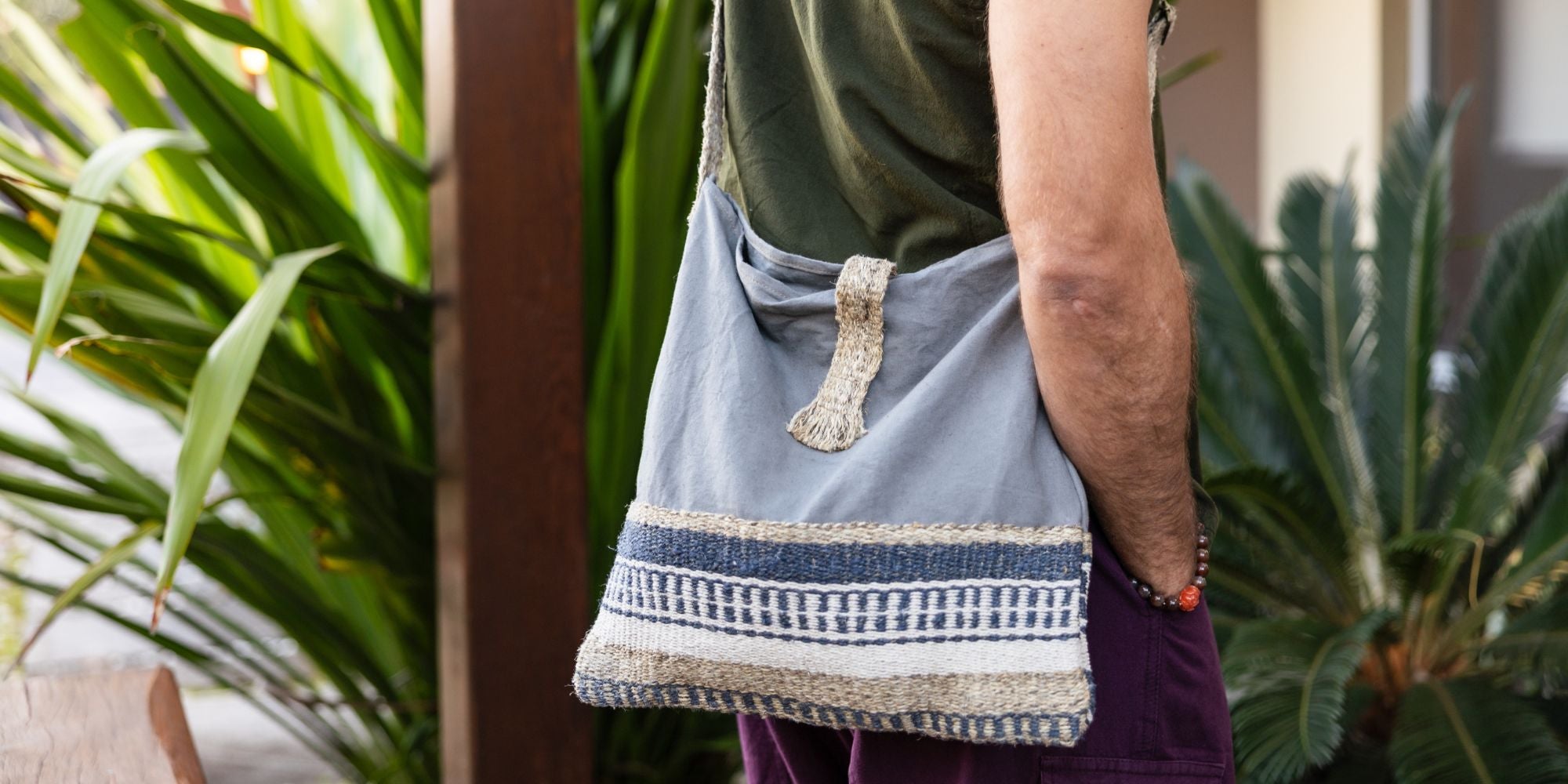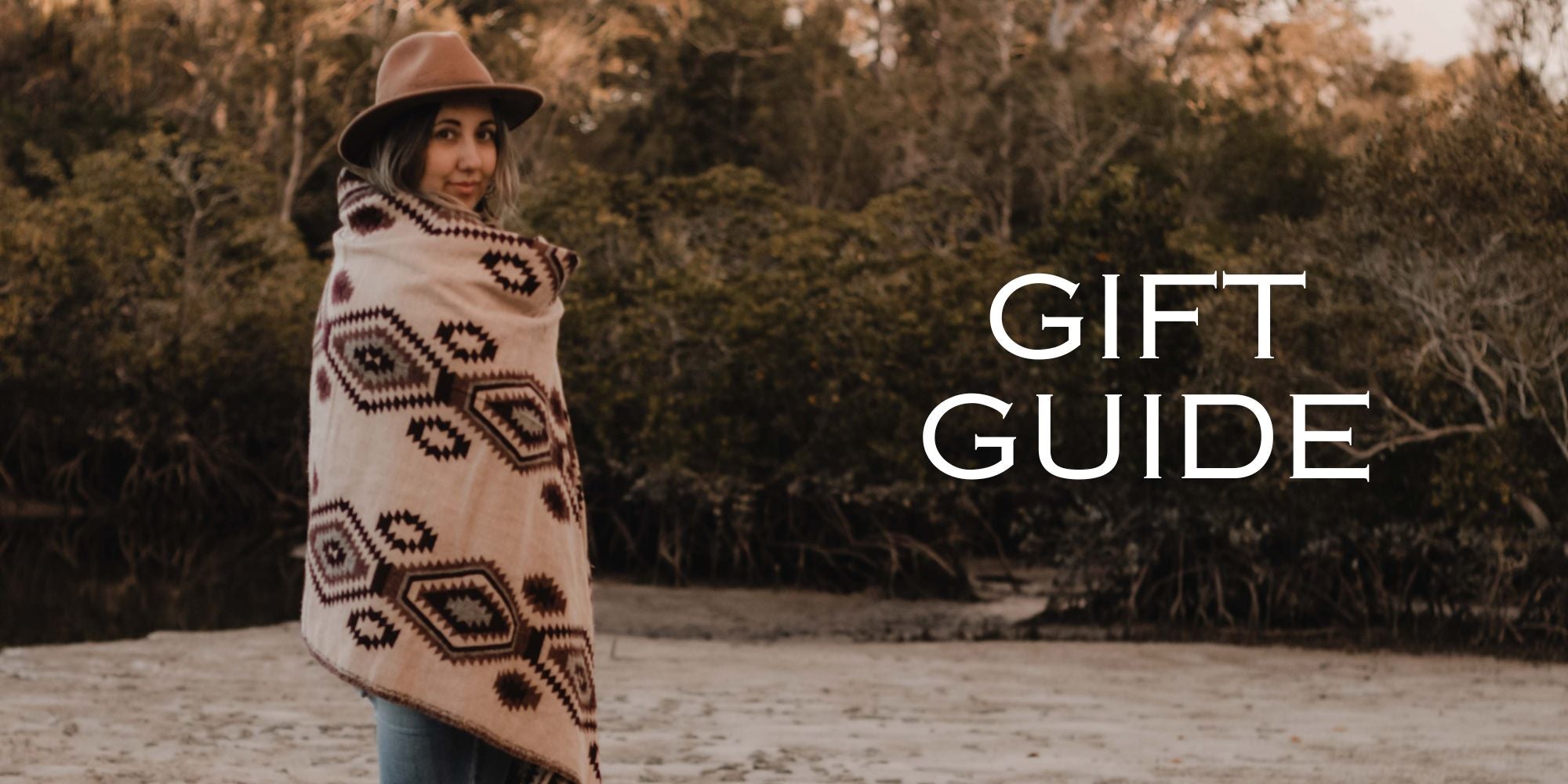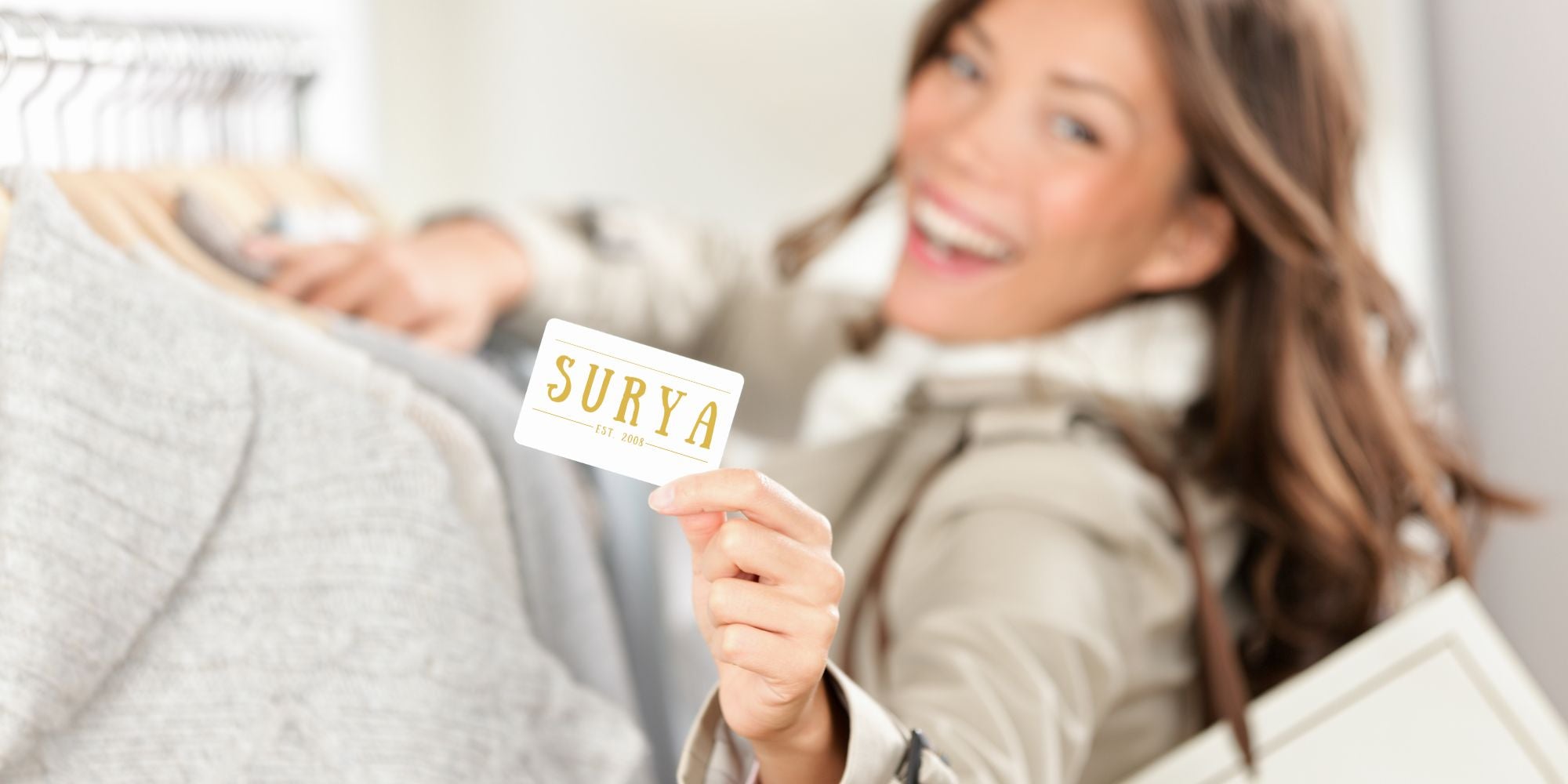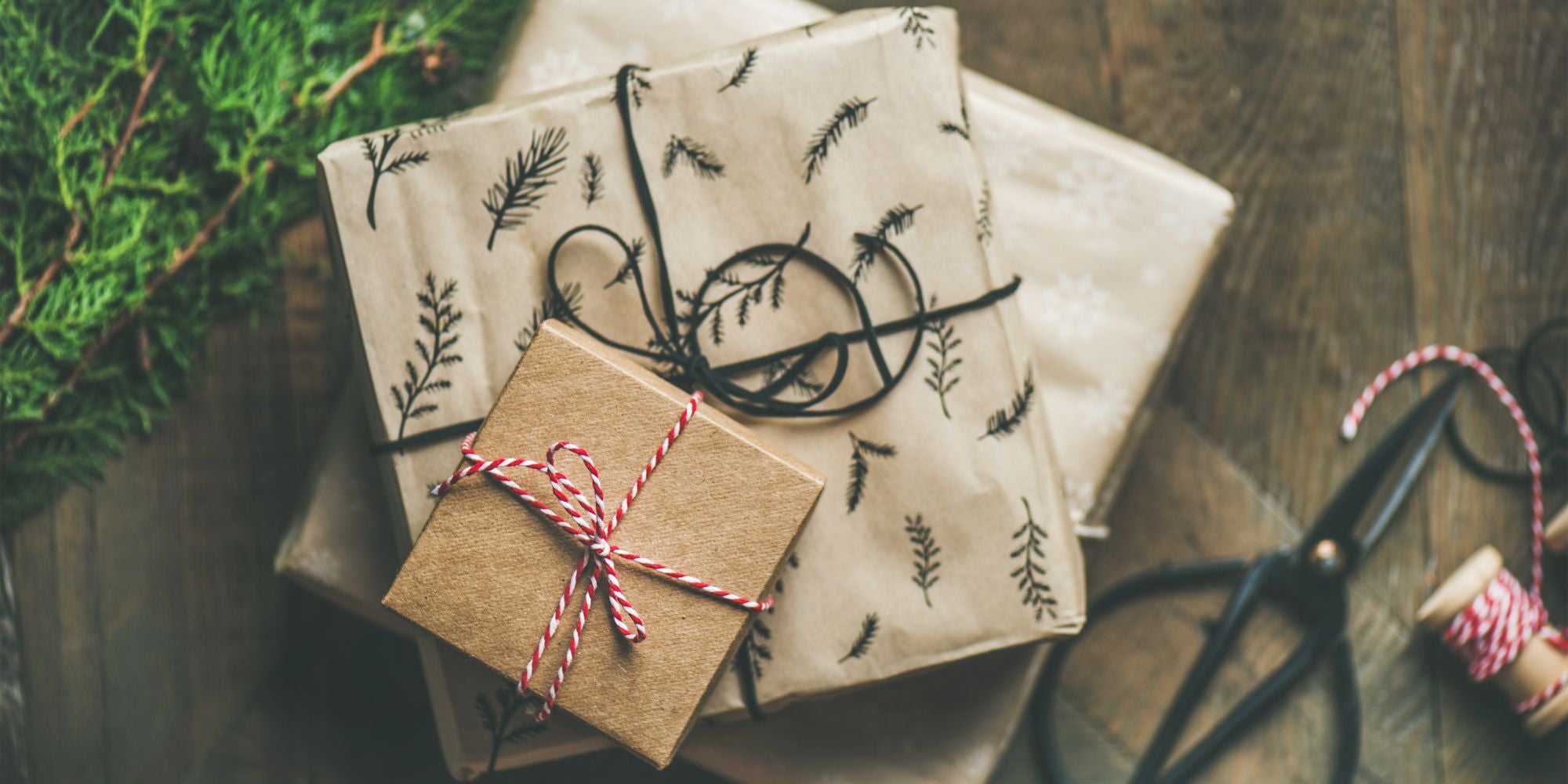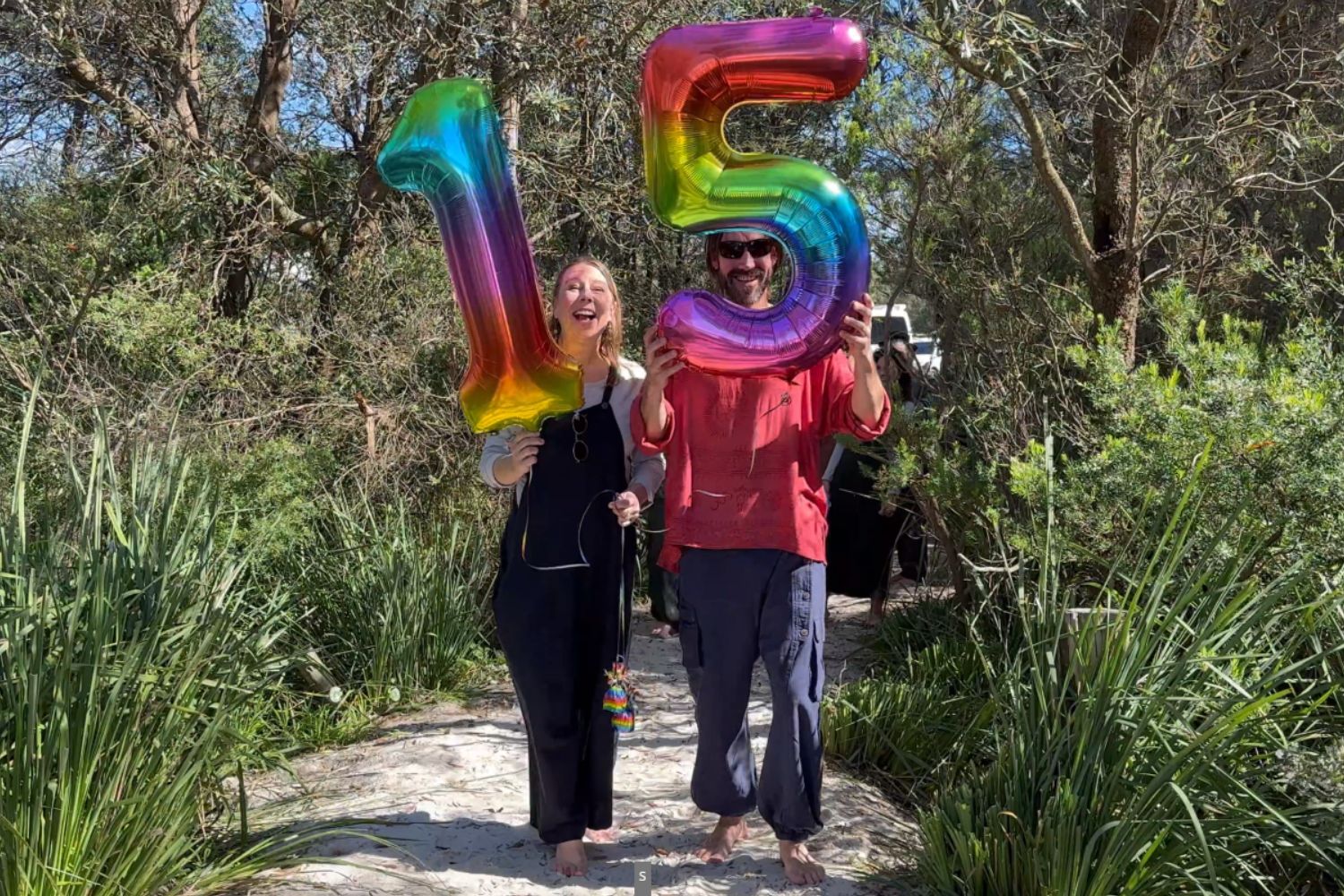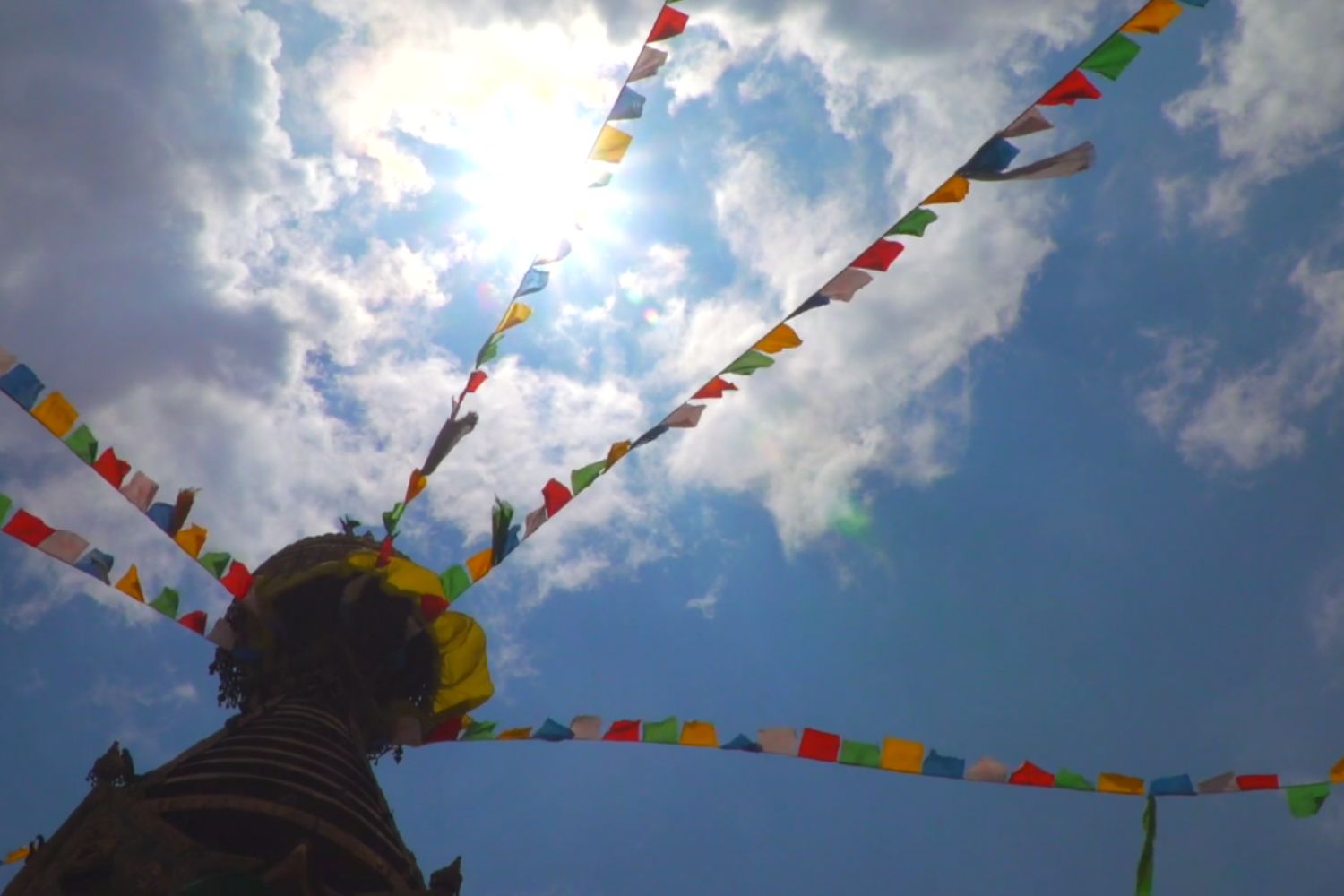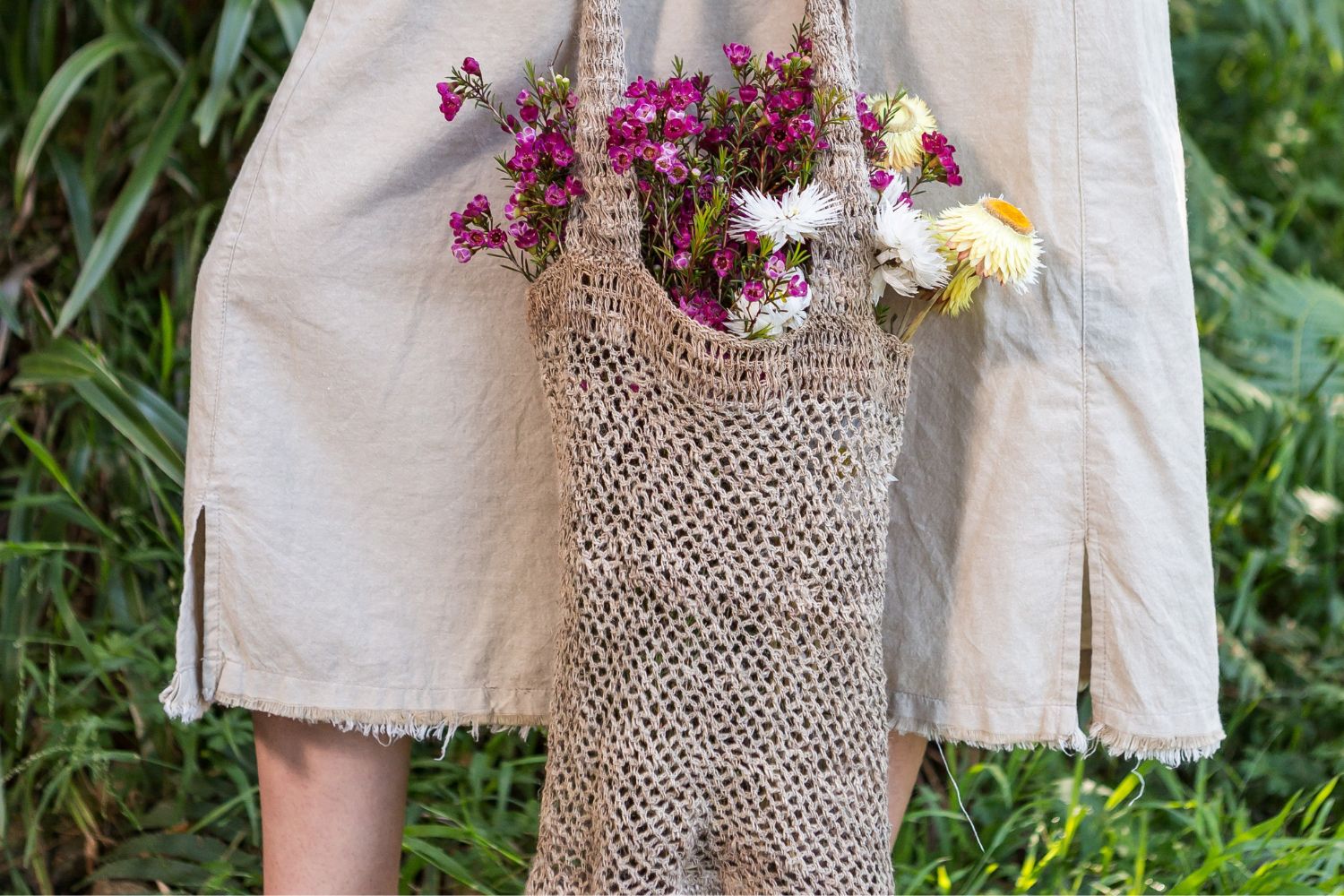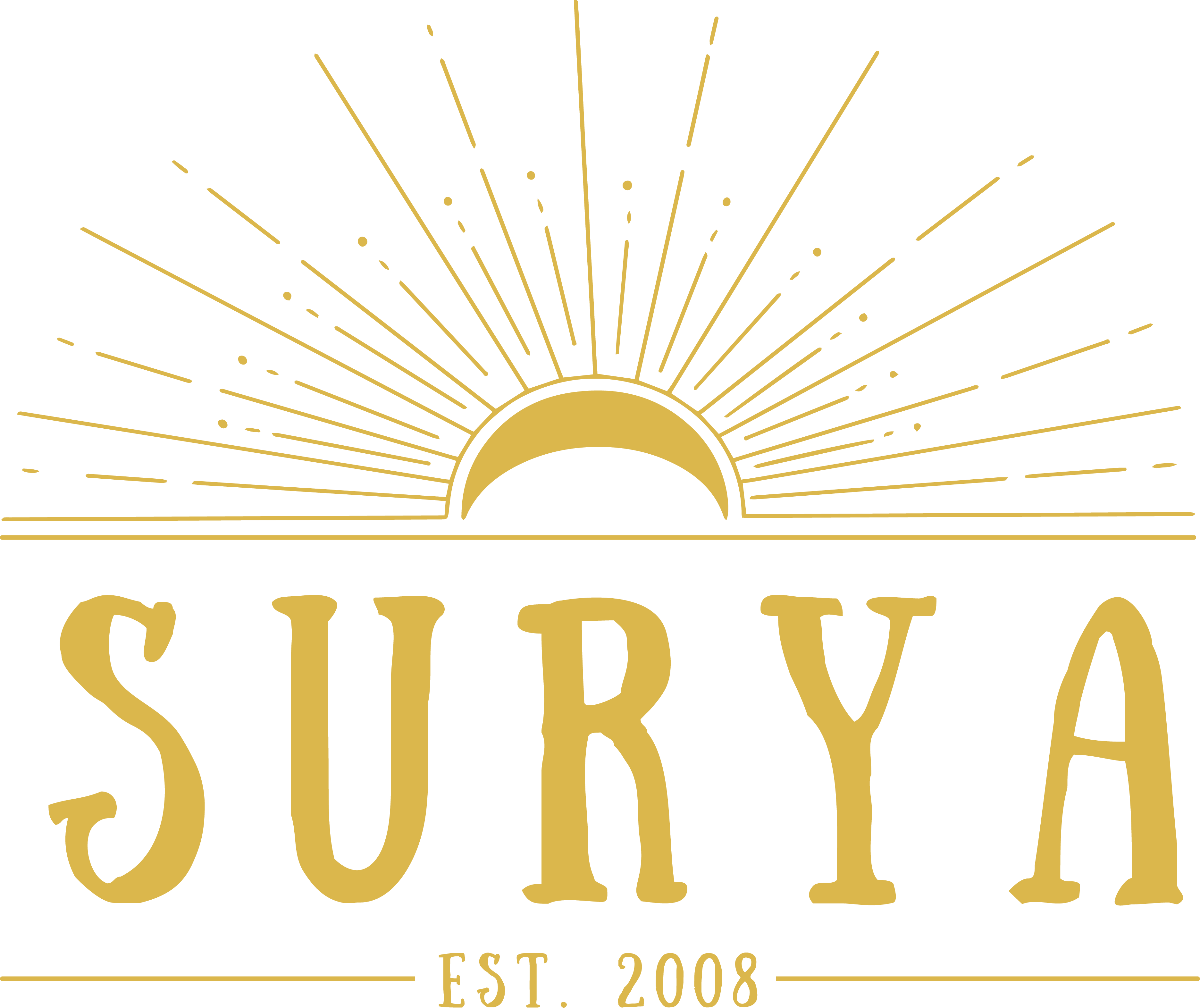
This post is to answer some questions a lot of people seem to have regarding the who, what, when, and how of Fair Trade. Over the years we have noticed a recurring theme in the questions our customers ask us, and it seems to us that we (that is, marketeers who trade with developing countries) are the primary source of information about Fair Trade, or ethical trade in general to the public.
What is Fair Trade?
Fair Trade is 100% all about 'fair' pay rates and working conditions of villagers and other craftspeople in developing countries within the global trade market (ie, when they start to sell their products to exporters, or to people who will export their products on their behalf.)
All Fair Trade agencies around the world (and there are lots) believe in and enforce the principals of:
(1) 'paying a FAIR price' to workers and craftspeople for their products, and
(2) Creating a reasonable working environment in terms of meal breaks, childcare, maximum hours of work per day, and NO child labour. You know, the things we expect right here in Australia ... or wherever you are reading this from.
What is Fair Trade Not?
Fair Trade is not a charity - it is a partnership between producer and buyer, with the hope of reducing poverty through trade.

Why do Fair Trade organisations (have to) exist?
(I could go on and on here, but that is not the point of this particular post; for loads more FANTASTIC info on this subject, please visit Journey for Fair Trade, an informative blog we subscribe to that is dedicated to change through Fair Trade practices.)
Briefly, Fair Trade organisations need to exist because the damage done years and years ago when trading for textiles, handicrafts and consumables first began, cannot be undone. When there were no Fair Trade organisations, buyers would basically name their price to the villagers producing their goods, and there was no discussion or negotiation involved. This led to exploitation of the entire community (and often entire villages or regions), and discrimination against marginalised workers (such as women). These shameful practices by wealthier nations created situations of (sometimes extreme) poverty that we are trying to undo today.
Today, Fair Trade organisations exist to ensure minimum standards are adhered to by their members.
Fair Trade exists to protect workers who have no knowledge or power to protect themselves. In particular and only. It does not exist for the trader/importer, or the end consumer.
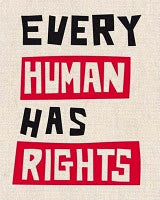
Fair Trade is a Science!
What a lot of people do not know though, is that there are actual formulas to consider when questioning how to calculate a fair purchase price for items - it is not good enough to simply 'agree' on a price with the craftsperson or manufacturer, and call it 'fair'. These formulas take into consideration the cost of food, rent, and other necessities, the number of working members of the household, inflation, and allow for the ability of a household to save money as well. A 'living wage' is not just (and in fact, never is) simply the minimum wage needed for basic survival as this keeps the poverty cycle in place.
As respected enforcers, Fair Trade organisations need to keep themselves relatively free from emotional decision making and create guidelines for the entire world to follow. It is a very difficult position to legislate for all markets (for example coffee production is very different to textile sewing), and all countries (compare growing coffee in Indonesia to sewing textiles in Mexico.) For this reason it is essential all aspects are taken into consideration.
As traders and importers, we are not qualified to say we are paying fair prices, or our manufacturers are ensuring fair conditions. We can believe and be led to believe this is the case (and often it is the case!), but until it has all been looked into and certified by a Fair Trade agency, this may not be the truth. The only businesses who can market the Fair Trade logos or claim affiliation are those whose entire operations have been checked out by a Fair Trade organisation.
Luckily for those of us not certified, the World Fair Trade Organisation has made available all documents and practises they believe are important, so all of us can try to adopt some/all of these into our own businesses. It is important for us as traders to 'read the book' already written on what producers can expect when dealing with us, rather than simply doing what feels right, and hoping for the best. Again, we are not qualified to make these judgements.
But that's not the whole truth either ...
Most of us in the industry (ie, the people in the stalls at your local markets selling products from overseas that we import ourselves), are very conscious of these issues, and try every single time to make the best choices when sourcing products. Certainly, all of the importers that we call friends, absolutely believe (and with great research preceding this belief) that they are affecting change for the better in our chosen countries, and that we are paying fair prices and ensuring fair conditions.
This is the other type of trade: Ethical Trade. We take guidance from the experts but forge our own partnerships with intention and the utmost consideration.

Read more about our ethical trade & slow fashion practices.
To read more about K-Mart or Target Fair Trade, absolutely good luck finding that :)
Until next time,
Mel Xx



